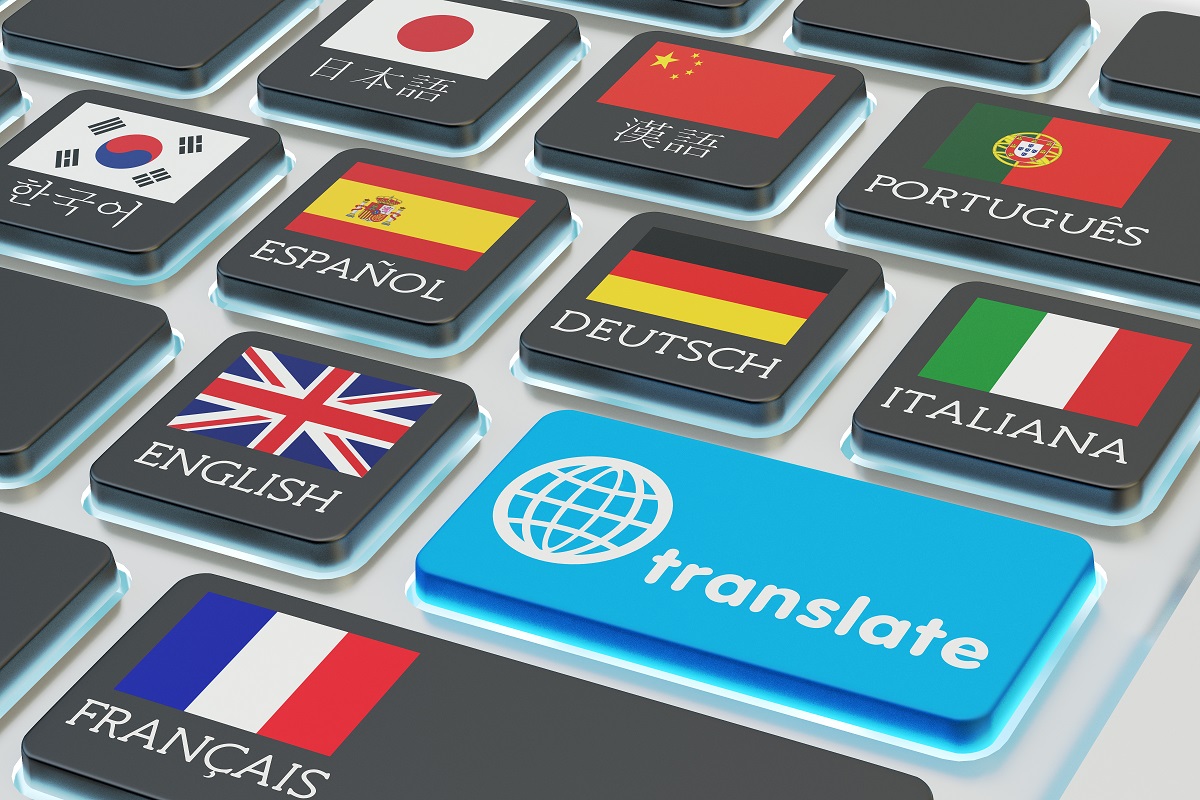- Translators need a profound knowledge of the source and target language they are working with to produce quality work.
- To understand the nuances of any language, translators should immerse themselves in continuous learning and development.
- To be a successful freelance translator, you need to develop managerial, organizational, and networking skills.
- Freelance translation is a rewarding and lucrative business if conducted with honesty and dedication.
Globalization and technological development keep the world interconnected while industries and businesses cross borders and expand into foreign markets. For this intellectual exchange to be successful, we must overcome the language barrier.
That is the role of translators, accurately converting written communication from a source to a target language, opening many opportunities for freelance work. Freelance translation has advantages over regular employment, such as remote work, setting your hours, and choosing what projects to work on. It’s also an opportunity to specialize in a particular area, such as literary, medical, financial, or other niche translation.
If you’re unsure how to get started as an independent translator, follow our comprehensive step-by-step guide. We will show what additional skills you need to develop and teach you how to succeed as a freelance translator.
Step-By-Step Guide To Succeed as a Freelance Translator
Simply knowing a language won’t make you a successful freelance translator. You need to continuously work on networking and developing your professional and interpersonal skills. Here are some areas freelance translators should concentrate on to be successful in their job.
Develop Your Language Skills

To master translation, translators must first master their native tongue. This means a complete understanding of the vocabulary, grammatical structure, and written and spoken expression of your native language. Without this, it’s impossible to properly convey the meaning of a written text to and from that language. If you’re bilingual or multilingual, it’s imperative to be completely fluent and understand the cultural nuances of that foreign language. Languages constantly evolve, so it’s a good idea to practice regularly to keep your language skills fresh.
An easy way to do this is to follow the news, watch movies, read articles, magazines, and books. Investing in advanced writing courses and style guides will improve your writing proficiency. Once you start translating, ask for feedback from professional proofreaders and editors to see where improvement is needed.
Using a language often means becoming better at it. Regular practice is crucial, even after you start working as a freelance translator.
Specialize and Identify Your Niche
Once you’ve taken your language skills to a professional level, it’s important to decide if you want to specialize in a particular field or industry. Find a field that interests you, or you already have a background in, and learn the terminology and technical jargon. To keep in step with current developments, connect with and establish working relationships with industry experts in your source and target language.
Specializing in a specific niche will set you apart from other freelance translators who may offer only generalized knowledge and establish your position as a specialist in that area or industry. Targeting your ideal clients and charging better rates will make it easier.
Build a Strong Portfolio

Work resumes present your skills and experience to potential clients and should include samples of your work. When you’re just starting, volunteer your services pro bono to different organizations, find internships to gain experience and build up your resume. That can also lead to written recommendations endorsing the quality of your work.
A strong portfolio showcases the projects you’ve worked on and the translation areas you specialize in. It should also include any diplomas or certifications related to your language proficiency and any other skills, such as using CAT tools, project management, organization, multitasking, etc.
Set Up Your Freelance Business
When you’re ready to establish yourself on the market, here are a few steps to take to set up your freelance translation business:
- Choose a business name – Use your given name or come up with a business name that will become your brand. This is how your clients and professional circle will recognize you.
- Register your business, if required – Registering as a sole proprietor has certain advantages, like issuing direct invoices to domestic and foreign clients and paying yourself a salary with full benefits. Working independently usually means paying lower taxes. Research the laws in your area and do what makes the best financial sense for you.
- Setting up a professional email and website – Using a dedicated work email and a professional-looking website leaves a good impression and instills confidence. It also builds brand recognition.
Networking and Marketing

Like in any other business, networking is vital for establishing relationships with colleagues and increasing business opportunities. Many translators join social media groups to discuss issues, share knowledge, and offer work opportunities. They can also connect you to local translators and associations.
Memberships in translation associations help translators stay informed about industry events and new developments in the world of translation and offer further professional certification. Online platforms, such as Proz, are effective for marketing your services, finding freelance translator work, and vetting potential clients.
Effective Client Communication
You are more than just a translator. You are a project manager, marketer, and customer support all in one. Professional conduct and clear communication are vital for creating and maintaining long-lasting client relationships.
Always be upfront about rates, areas of expertise, turnaround time and payment methods, and never promise more than you can deliver. If parts of the project are unclear or more complicated than expected, inform the client and work on a solution together.
Pricing Your Services
The price of translation services depends on several factors, such as word count, complexity, urgency, language pair and experience of the translator. Always price your services competitively, and don’t try to undercut the competition, as that is to the detriment of the entire translator community. If you’re unsure of the average rates, consult your colleagues or check online platforms.
Time Management and Deadlines
Freelance work doesn’t have the same structure as regular employment, so it’s up to the freelancer to organize their time and maximize efficiency. Don’t overcommit to many projects and set unrealistic deadlines because rushing to meet them can cause the quality of work to suffer.
Draw a clear line between work and personal life, and make time for breaks to avoid burnout.
Continuous Learning and Professional Development
While it may not seem so, translation is a fast-paced industry that constantly changes and upgrades. To stay in the loop and provide the best possible service, freelance translators must invest in continuous learning and professional development.
Attend workshops, conferences and seminars to keep informed of the latest translation software, industry standards and additional certifications. Dedicate time to reading industry publications and blogs to stay informed about the industry you specialize in.
A Successful Freelance Business: In Summary
Being a freelance translator encompasses more than just translating. Successful translators regularly improve their knowledge, establish and maintain enduring professional relationships, and market themselves and their services.
Anyone wanting to learn how to become a freelance translator should embrace continuous education, make time for networking and dedicate themselves to producing quality work. Succeeding in this industry is lucrative and endlessly rewarding, as you’ll experience firsthand the recognition and respect from building a good reputation with clients and colleagues.